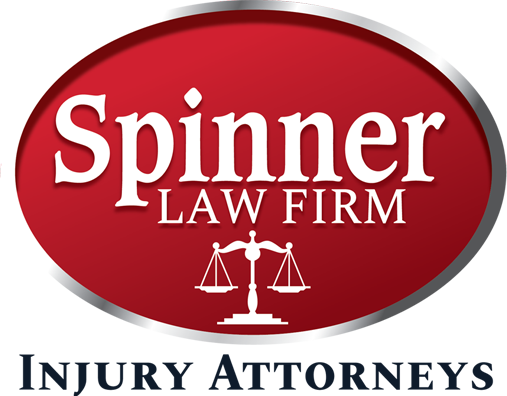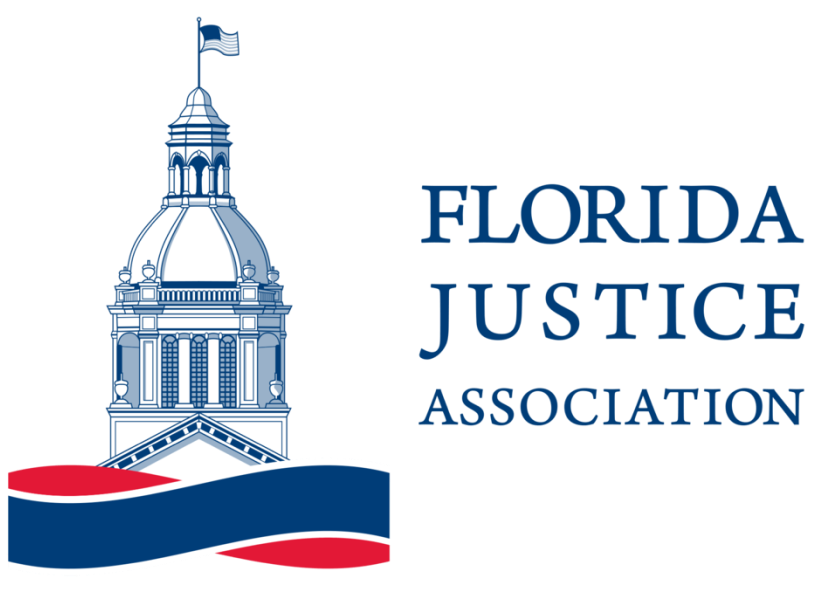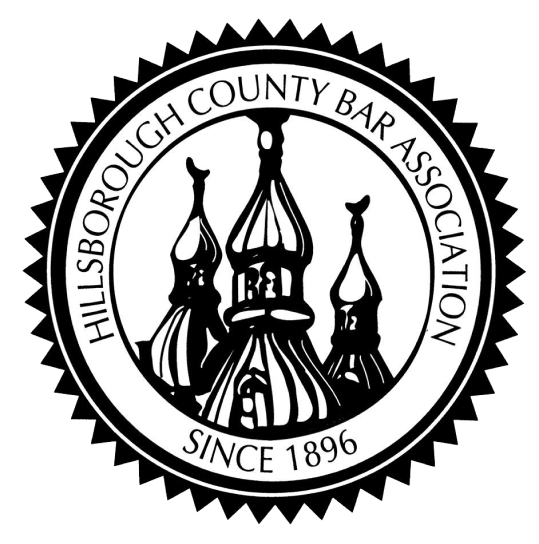Recklessness in an Accident Case
All too often, when things go wrong, and an individual acts in a way against another party that causes an accident to occur, and therefore lead to an actual injury – anything from a broken or fractured bone, torn or damaged muscle or connective tissue, or a variety of all different types of unwanted injuries leading to even worse outcomes. According to Mr. Charles Spinner, considered to be the top auto accident lawyer Sarasota has to offer, sometimes an individual’s conduct is considered to be so reckless to the point that it becomes fodder for a legal suit or even some type of a criminal prosecution that forced one of the victims or damaged individuals to contact the authorities. In such an event, if a person acts with such utter disregard for the safety and care of others, and whether they know, or SHOULD know, that these types of actions may cause harm to another individual, they might be considered to be liable for injuries caused by his recklessness.
The fact of the matter is that such reckless behavior is unacceptable, throughout society, and this means whether or not any type of an accident occurs or not. According to Mr. Spinner, the top auto accident lawyer Sarasota has practicing, there are generally four different basic theories by which, depending on the lawsuit, can render a defendant liable for injuries which he or she has caused.
· Intent: Sometimes referred to as willfulness, intent means the person acted with the intent to cause some type of harm to the injured person.
· Recklessness: This means the person knew, or should have known, that his or her actions were likely to cause harm in some way.
· Negligence: This means that the person acted in a way that violated another person’s duty to someone else, with the breach of that duty causing harm to someone else.
· Strict Liability: This is reserved for certain specific situations where someone can be held liable for harms, they cause no matter what their mental state might have been.
Recklessness involves conduct that is short of the actual intent to cause that specific harm, however, it is greater than simple. Overall negligence. According to Mr. Spinner, the top auto accident lawyer Sarasota has to offer. Unlike negligence – which occurs when a person unknowingly takes a risk that they should have been aware of – recklessness means to knowingly take a risk. The fact is that state laws prohibit many reckless behaviors and look upon reckless actors as social dangers because they gamble with other people’s safety. A person who has been injured from a civil claim of recklessness of another may recover compensation for any resulting medical expenses, lost wages, rehabilitation costs, pain and possible suffering or mental anguish they might have felt. In addition, recklessness may also allow recovery from certain people who might typically be immune from liability for any mere negligence, such as government workers and health care professionals.
What is Recklessness?
Recklessness is a state of mind in which things can be determined both subjectively and objectively. There are two specific types of reckless behaviors. The first of which looks at what the actor knew or is believed to have been thinking when the act occurred, a subjective test. The second, according to Mr. Spinner, the best personal injury lawyer Tampa has to offer, considers what a reasonable person would have thought in the defendant’s position (objective test). In both situations, the issue turns on conscious awareness, or whether the person knew (or should have known) his actions may cause harm to another. in example, it is reckless for a driver of a care to intentionally cross through the highway in defiance of a stop sign if a stream of traffic is closely approaching in both directions. Contrast that with his failure to stop because his attention is diverted and he does not know that he is approaching the crossing, according to Mr. Spinner, the best personal injury lawyer Tampa has in practice, this would be considered to bean act of negligence. There are a number of other behaviors that can be considered to be reckless as well. For instance, drinking and driving, racing through residential streets, using illegal drugs and substances, carrying a concealed woman, or engaging in unprotected sex with someone who might be known to have some type of venereal disease. According to Mr. Spinner, the best personal injury lawyer Tampa has to offer, an individual’s conduct can be considered to be reckless if:
· The individual intends to commit the act in question, knowing it may create a risk of some harm.
· The risk itself is an unreasonable one.
· The right is substantially greater than negligent conduct.
· The individual knows, or has reason to believe, others are present and in harm’s way.
The thing we all need to understand is that recklessness differs greatly from negligence, which consists mainly of carelessness or incompetence – in that recklessness requires the conscious choice to take a particular course of action. Also, recklessness requires a further degree of risk on the part of the individual than does negligence. While these rules might be somewhat hard to follow, it is important to understand that they are consistent throughout. For more information on negligent acts, or to schedule an appointment with Spinner Law Firm, please contact the today.













